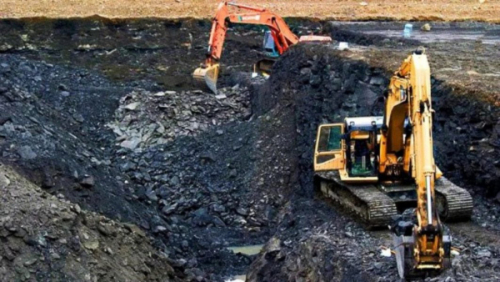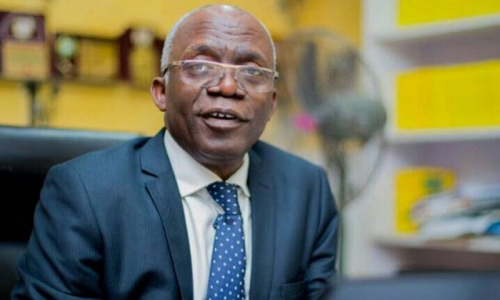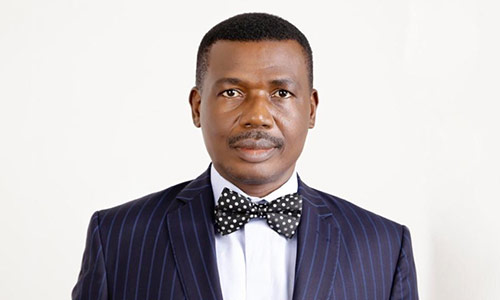Unmasking the Misinformation: The Real Story Behind Nigeria’s Mineral Exploration Budget

The recent article, “Tinubu’s Minister In Corruption Mess, Budgets N200B for Project Executed by Buhari’s Govt,” attempts to sensationalize with gross misinformation, exposing the writer’s ignorance about Nigeria’s geo-data environment and mineral exploration needs.
Consequently, it is imperative to bring some clarity into the narrative as the issues involved are beyond the writers knowledge depth.
Understanding The Vital Role of Geo-data:
Geo-data is critical in the Solid Minerals sector, providing scientific insights into underground rock formations to assess mineral reserves of commercial interest. This information guides investors in making informed business decisions. The National Geodata Centre, praised by KPMG, serves as the repository for such geological data. Recently, this has been enhanced with the Nigerian Minerals Resource Decision Support System, launched on May 14, which integrates geological, hydrological, demographic, and economic data to facilitate investment decisions.
Addressing Misconceptions:
The writer fails to differentiate between a data repository (Geo data Centre) and the quality of data it contains. A repository’s value lies in its comprehensive and accurate data, essential for attracting serious investors. Without this, investors are unlikely to take Nigeria seriously. Thus, there’s an urgent need for extensive data collection to fill current gaps, a challenge recognized by previous administrations.
Historical Context and Future Plans:
The National Integrated Mineral Exploration Project (NIMEP) was initiated to address data gaps but was limited by funding, exploring only five of Nigeria’s 44 minerals and focusing on specific regions. These included Gold, Nickel, PGM, Pegmatite minerals (Tantalum, Niobium, Tin, Lithium), Lead, Zinc, Silver, Baryte, and Iron ore.
For context, Sierra Leone spent $7.8 million from 2018 to 2022 on a nationwide Airborne Geophysical Survey, covering 71,740 square kilometers, and developed comprehensive data on its mineral reserves. Given Nigeria’s vast land area of 923,768 square kilometers—over 12 times that of Sierra Leone—a similar survey here would cost significantly more than the proposed N200 billion budget.
Comparative Analysis and Local Efforts:
Nigeria’s investment in solid minerals exploration is embarrassingly low on the international stage. In 2023, Nigeria spent only $2.5 million on exploration, starkly contrasted with Ivory Coast’s $147 million, DR Congo’s $133 million, South Africa’s $117 million, Ghana’s $99.7 million, and Mali’s $83 million.
The Hon. Minister’s budget proposal, part of NIMEP 2, aims to explore more mineralized corridors, gather extensive data on government-owned licenses, refine exploration methods for specific minerals and develop local expertise. It extends far beyond the aspects and areas covered and executed by the Buhari Government.
Conclusion:
The writer’s ill-informed and misguided critique reflects a permanent political campaign mindset, ignoring the match’s end one year into the life of the President Tinubu administration.
This piece seeks to clarify the necessity of the proposed budget to enhance Nigeria’s mineral exploration capabilities, de-risk investments and attract serious investors. It’s time to move past misinformation, understand and acknowledge the critical steps needed for Nigeria’s progress in the solid minerals sector.



